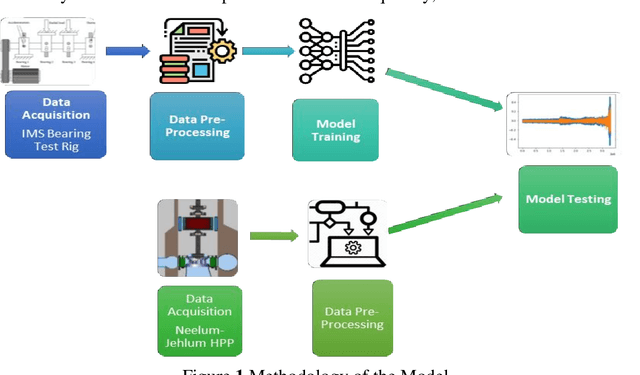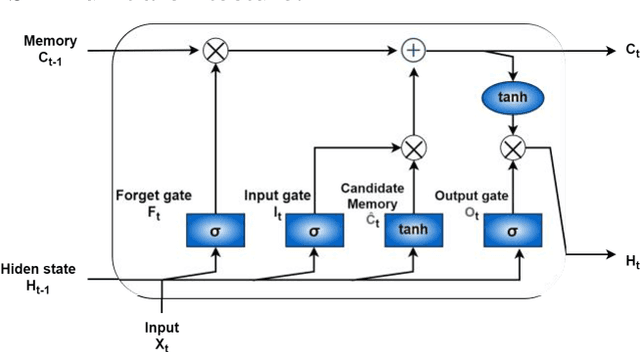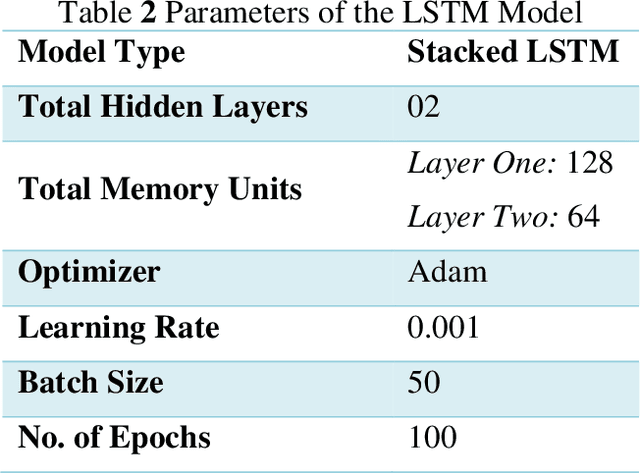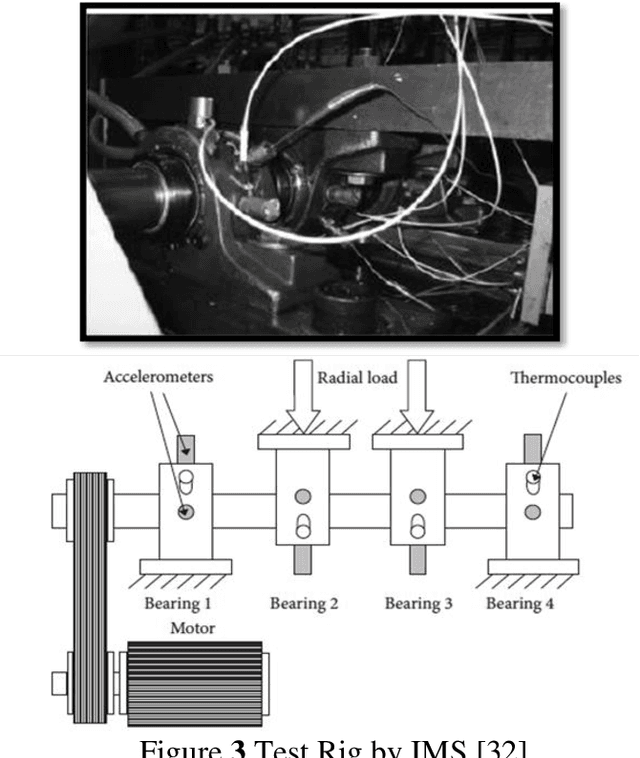Mian Ibad Ali Shah
Uncertainty-Aware Knowledge Transformers for Peer-to-Peer Energy Trading with Multi-Agent Reinforcement Learning
Jul 22, 2025Abstract:This paper presents a novel framework for Peer-to-Peer (P2P) energy trading that integrates uncertainty-aware prediction with multi-agent reinforcement learning (MARL), addressing a critical gap in current literature. In contrast to previous works relying on deterministic forecasts, the proposed approach employs a heteroscedastic probabilistic transformer-based prediction model called Knowledge Transformer with Uncertainty (KTU) to explicitly quantify prediction uncertainty, which is essential for robust decision-making in the stochastic environment of P2P energy trading. The KTU model leverages domain-specific features and is trained with a custom loss function that ensures reliable probabilistic forecasts and confidence intervals for each prediction. Integrating these uncertainty-aware forecasts into the MARL framework enables agents to optimize trading strategies with a clear understanding of risk and variability. Experimental results show that the uncertainty-aware Deep Q-Network (DQN) reduces energy purchase costs by up to 5.7% without P2P trading and 3.2% with P2P trading, while increasing electricity sales revenue by 6.4% and 44.7%, respectively. Additionally, peak hour grid demand is reduced by 38.8% without P2P and 45.6% with P2P. These improvements are even more pronounced when P2P trading is enabled, highlighting the synergy between advanced forecasting and market mechanisms for resilient, economically efficient energy communities.
A Fault Prognostic System for the Turbine Guide Bearings of a Hydropower Plant Using Long-Short Term Memory (LSTM)
Jul 26, 2024



Abstract:Hydroelectricity, being a renewable source of energy, globally fulfills the electricity demand. Hence, Hydropower Plants (HPPs) have always been in the limelight of research. The fast-paced technological advancement is enabling us to develop state-of-the-art power generation machines. This has not only resulted in improved turbine efficiency but has also increased the complexity of these systems. In lieu thereof, efficient Operation & Maintenance (O&M) of such intricate power generation systems has become a more challenging task. Therefore, there has been a shift from conventional reactive approaches to more intelligent predictive approaches in maintaining the HPPs. The research is therefore targeted to develop an artificially intelligent fault prognostics system for the turbine bearings of an HPP. The proposed method utilizes the Long Short-Term Memory (LSTM) algorithm in developing the model. Initially, the model is trained and tested with bearing vibration data from a test rig. Subsequently, it is further trained and tested with realistic bearing vibration data obtained from an HPP operating in Pakistan via the Supervisory Control and Data Acquisition (SCADA) system. The model demonstrates highly effective predictions of bearing vibration values, achieving a remarkably low RMSE.
Reinforcement Learning Enabled Peer-to-Peer Energy Trading for Dairy Farms
May 21, 2024



Abstract:Farm businesses are increasingly adopting renewables to enhance energy efficiency and reduce reliance on fossil fuels and the grid. This shift aims to decrease dairy farms' dependence on traditional electricity grids by enabling the sale of surplus renewable energy in Peer-to-Peer markets. However, the dynamic nature of farm communities poses challenges, requiring specialized algorithms for P2P energy trading. To address this, the Multi-Agent Peer-to-Peer Dairy Farm Energy Simulator (MAPDES) has been developed, providing a platform to experiment with Reinforcement Learning techniques. The simulations demonstrate significant cost savings, including a 43% reduction in electricity expenses, a 42% decrease in peak demand, and a 1.91% increase in energy sales compared to baseline scenarios lacking peer-to-peer energy trading or renewable energy sources.
 Add to Chrome
Add to Chrome Add to Firefox
Add to Firefox Add to Edge
Add to Edge